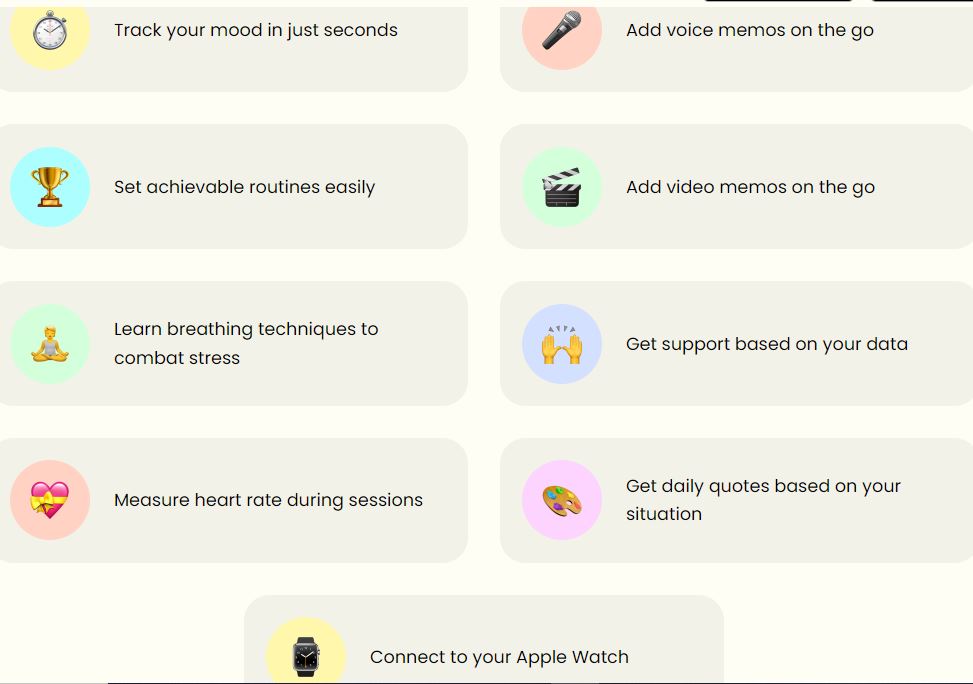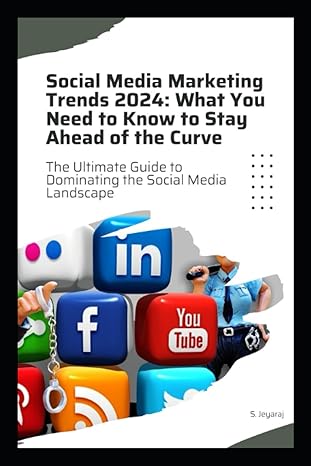
Earkick: Can AI Chatbot
Earkick AI Chatbot: Mental health struggles are a growing concern, especially among teens and young adults. Fortunately, technology might be offering a helping hand with the rise of AI chatbots like Earkick.
Earkick: A Friendly Panda for Mental Wellness
Earkick is a mobile app featuring a comforting panda chatbot programmed to address anxiety and other mental health concerns. When you download Earkick, you’re greeted by a bandana-wearing panda who could easily fit into a kids’ cartoon. Start talking or typing about anxiety and the app generates the kind of comforting, sympathetic statements therapists are trained to deliver. It might then suggest a guided breathing exercise, ways to reframe negative thoughts or stress-management tips.
Earkick is one of hundreds of free apps that are being pitched to address a crisis in mental health among teens and young adults. Because they don’t explicitly claim to diagnose or treat medical conditions, the apps aren’t regulated by the Food and Drug Administration (FDA). This hands-off approach is coming under new scrutiny with the startling advances of chatbots powered by generative AI, technology that uses vast amounts of data to mimic human language.

AI Chatbots: Boon or Band-Aid?
The question of how effective these chatbots are remains unanswered. Earkick’s website states that the app does not “provide any form of medical care, medical opinion, diagnosis or treatment.” While Earkick avoids claiming to be therapy, it does offer support and resources like guided meditations and exercises to tackle negative thoughts. This is crucial considering the shortage of mental health professionals and the stigma surrounding seeking help.
The Debate: Regulation vs. Accessibility
The lack of regulation surrounding AI chatbots is a point of contention. Some argue for stricter FDA oversight to ensure their effectiveness and safety. With generative AI chatbots having the tendency to “hallucinate,” or make up information, there are concerns about the potential for harm. However, stricter regulation could limit accessibility, a key advantage of these free, 24/7 services.
Early Research Shows Promise, But Questions Remain
Studies suggest chatbots may reduce symptoms of depression and distress in the short term. However, long-term effects and their ability to handle emergencies are unknown. For instance, when one researcher told a chatbot she wanted to climb a cliff and jump off it, the chatbot responded with generic advice about mental and physical health, not recognizing the suicidal ideation.

Are Chatbots a Replacement for Therapy?
Experts caution against chatbots replacing traditional therapy for serious mental health issues. Earkick itself clarifies that it does not provide crisis counseling or suicide prevention services. However, chatbots might be best suited for mild concerns or as a bridge to seeking professional help.
The Future of AI in Mental Health Eg. Earkick
The potential of AI chatbots in mental healthcare is undeniable. As research continues and regulations evolve, these tools could become valuable companions on the road to better mental well-being, particularly for Gen Z. Earkick is a prime example of this potential, offering a safe and accessible space for young people to start addressing their mental health concerns.
Is Earkick Right for You?
If you’re looking for a friendly, accessible mental health resource, Earkick could be a good starting point. It can provide a listening ear, helpful exercises, and point you towards further resources. However, it’s important to remember it’s not a substitute for professional help. If you are struggling with serious mental health issues, please reach out to a qualified therapist or mental health professional.
Source: AP
Unveiling AI Chatbot Girlfriend: Companionship in the Digital Age





